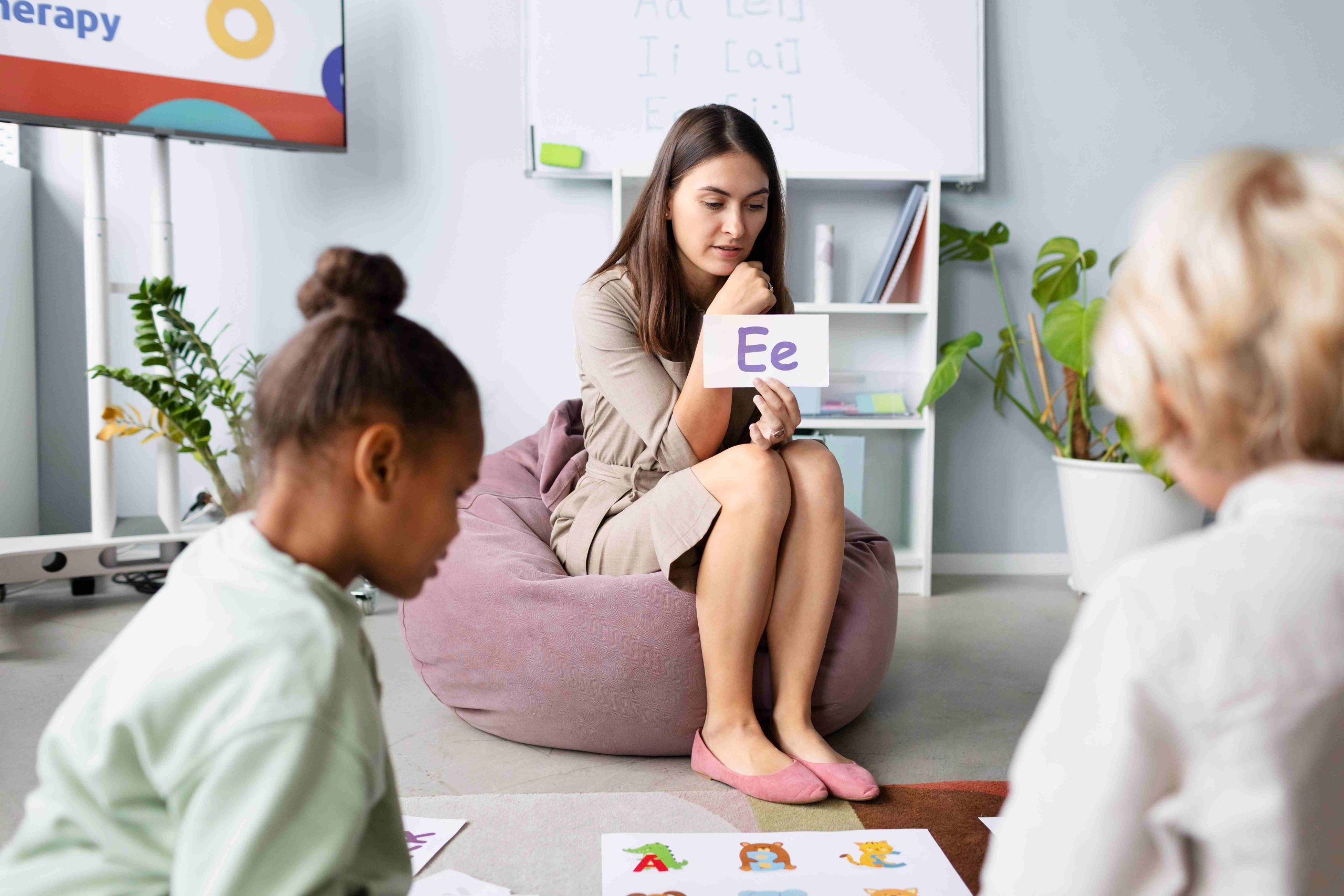
Improving Readability: Understanding Developmental Needs in Preschool Learning Path Levels
A Comprehensive Guide to Understanding Developmental Needs in Preschool Learning Path Levels
As parents, we all want to provide our preschoolers with the best possible start in life. One way to achieve this is by enrolling them in a preschool learning program. These programs are designed to provide age-appropriate education and support the developmental needs of preschoolers. In this article, we will explore what is included with each preschool learning path level and how they address the developmental needs of young preschoolers.The Infant-Toddler Level
The infant-toddler level of the preschool learning path is designed for preschoolers from birth to 3 years old. This level of education focuses on developing foundational skills that will support future learning. These skills include social, emotional, cognitive, and physical development.- Social Development: During the infant-toddler level, preschoolers learn how to interact with others and develop a sense of self-awareness.
- Emotional Development: Infant-toddler level education also supports emotional development by teaching preschoolers how to manage their emotions.
- Cognitive Development: Preschoolers learn basic concepts such as colors, shapes, and numbers.
- Physical Development: Preschoolers learn how to walk, run, climb, and explore their environment.
The Preschool Level
The Pre-Kindergarten Level
The Transitional Kindergarten Level
Developmental Needs of Preschoolers
Preschoolers go through various developmental stages, and it is important to understand these stages in order to provide appropriate support and guidance. The following are the four major developmental areas for preschoolers:- Social Development
- Emotional Development
- Cognitive Development
- Physical Development
Preschool Learning Path Levels
The preschool learning path is designed to meet the developmental needs of preschoolers at each stage of their development. There are typically three levels of the preschool learning path:- Level 1: Designed for preschoolers aged 2-3 years old.
- Level 2: Designed for preschoolers aged 3-4 years old.
- Level 3: Designed for preschoolers aged 4-5 years old.
Tailoring Preschool Learning Programs
While the preschool learning path is designed to meet the developmental needs of preschoolers at each stage of their development, it is important for educators to tailor their approach to meet the unique needs of each child.Supporting Developmental Needs at Home
Parents can also support their child’s developmental needs at home by engaging in activities that promote social, emotional, cognitive, and physical development.Conclusion
In conclusion, preschool education plays a vital role in the development of young preschoolers. By understanding the developmental needs of preschoolers and providing appropriate support and guidance, we can help ensure that every child has the opportunity to succeed in school and in life.

